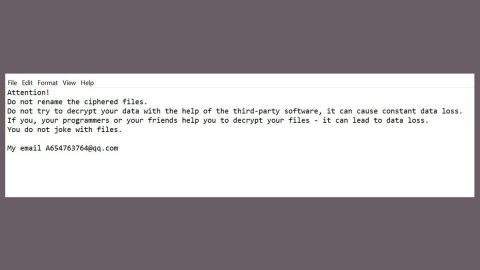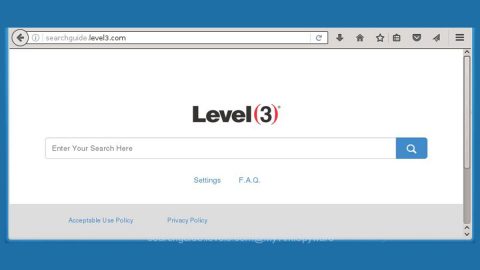Digital privacy is one of the most controversial talking points from the past few years. There are some who argue that they’re not doing anything wrong online, so why should they care?
Then there are others who freak out when they hear about any government program. From crazy conspiracy theorists to the average citizen who enjoys his or her privacy, there are lots of people on both sides of the fence.
However, I suspect that the vast majority of people don’t care about digital privacy. They don’t mind being spied on online. And that’s why despite all of the efforts to the contrary, governments continue to spy on citizens without much resistance.
Here are five reasons why people generally don’t care about digital privacy:
1) Because I’m not doing anything wrong
When people complain about the “surveillance state”, this is the truth supporters of the surveillance state always fall back upon. It’s also the truth that makes privacy advocates really mad.

Why should you worry about surveillance if you’re not doing anything wrong online? Why would someone spy on your PC if you’re not doing anything interesting or illegal? These are good questions that privacy advocates generally ignore because, you know, internet spying is bad and governments are evil.
2) Because we all benefit from reduced crime
Digital surveillance helps law enforcement agents catch bad people. That’s not an opinion: that’s a fact. There are countless times when digital surveillance has helped thwart terrorist attacks before they begin or build a case against suspected murderers, rapists, thieves, etc.

As a mostly law abiding citizen, this is a huge benefit. The fewer bad people there are roaming the streets and the internet, the safer our world will become.
If digital surveillance had helped prevent just a single 9/11-style terrorist attack, then I would be in favor of it. However, it hasn’t just prevented one terrorist attack; it’s prevented hundreds and likely dissuaded countless other extremists from beginning to plan attacks.
If it means saving thousands of lives, I don’t mind letting law enforcement agencies see my browsing history.
3) The privacy debate has emerged with every generation
When cameras were first invented, people thought it meant the end of privacy. Back in the late 1800s and early 1900s, cameras were banned at beaches and many public places.
Then came the video camera, then the smartphone camera, then Google Glass, etc.
Every generation has its little freakout about privacy. Internet privacy is just another generation’s privacy complaint that ultimately won’t matter.
4) Most people don’t care about services like Gmail or Google spying on us
Since its foundation, Google has made a living out of creating valuable services people want to use and then covering those services with advertisements.
That’s how Google Search and Gmail became so popular.

With Gmail, Google literally reads through your email and identifies keywords based on that email’s content. It monitors which search terms you’re using and tracks your browsing history across the internet. If you see an advertisement on one page, then you might see that again on another page because Google is constantly tracking you online and selling that information to advertisers.
Of course, Google doesn’t just track you online. If you use an Android or iOS phone, then Apple or Google knows your current location. Google even tracks your location and saves that data (check out this link if you don’t believe me: https://maps.google.com/locationhistory/)
From Streetview to smartphones, Google and other companies have been tracking us and violating our privacy for years.
You don’t see people freaking out about a for-profit company tracking their online and offline activities, but as soon as governments and law enforcement agencies start doing the same thing for benevolent reasons, it’s game over.
Why don’t people care about digital privacy? Because it’s been going on for quite some time and we’re used to it. More importantly, we’re used to the fact that it rarely impacts our lives.
5) We share our lives online anyway
Not everybody uses social media prolifically, but those who do have no right to complain about digital privacy violations.
If you look at the average person under 30, you can build an amazing profile about them based solely on the public information they post on Facebook, Twitter, Instagram, Pinterest, Reddit, Tumblr…the list goes on and on.
All you need is a single username or even a first and last name. Within minutes of research, you can identify that person’s home address, friend network, job, dog’s name, etc.
A lot of people use social media prolifically, and a lot of these people have no problem with digital surveillance because they’re already choosing to reveal more information than any digital surveillance service could possibly discover.
Sorry, digital privacy advocates, but you can’t force people to care about digital privacy.












